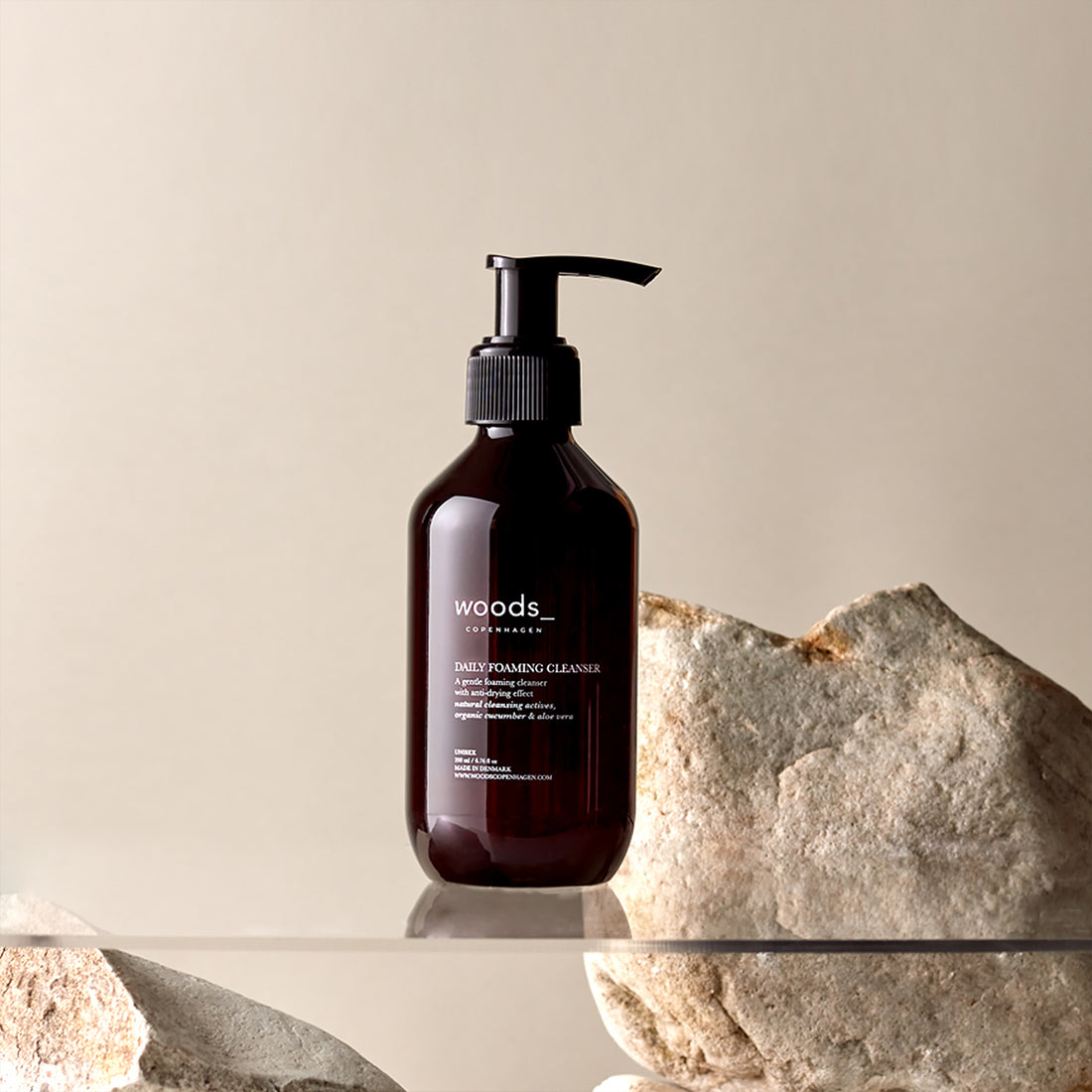What is virgin plastic?
Virgin plastic refers to newly produced plastic that has not undergone any recycling process. One of the key attributes of virgin plastic is its high quality, which makes it suitable for various applications in industries such as packaging, manufacturing, and construction, as it exhibits specific physical and chemical properties that meet the stringent requirements of many products. And though virgin plastic does not contain any recycled material, it is recyclable. This means that it can be reused for several purposes after its intended use, thereby expanding its lifespan.
What is recycled plastic?
Contrary to virgin plastic, recycled plastic refers to plastic materials that have undergone a process of collection, sorting, cleaning, and reprocessing after their initial use. Instead of being discarded as waste, these plastics are collected and reintroduced into the manufacturing process to create new products. The aim of recycling plastic is to reduce the demand for virgin plastic, conserve resources, and minimize the environmental impact associated with plastic productions, leading many to believe that this is the most optimal choice of material to minimize negative effects. Keep reading to discover why we think otherwise.
Why we use virgin plastic: A matter of safety
So, why would we use virgin plastic when recyclable plastic is an option? Shortly put, the decision is based on our fundamental respect for the human body. To us, this means creating clean products that are perfectly safe to use – including their packaging.
A recent study from 2023* unfortunately found a concerning amount of 491 types of chemicals in recycled plastic from around the globe. A great number of these were toxic, while 170 couldn’t be identified. But why does this happen? As the report describes, recycled plastic can be contaminated by numerous non-intentionally added substances throughout its lifecycle, hereunder during use, waste, and recycling stages.
This results in a final product containing unknown concentrations of unknown chemicals with unknown effects. You got the key word, right? Exactly. The really scary part is that all these factors are unknown – meaning it’s beyond our control to get an actual overview of what we expose our bodies and health to. A conclusion that leads to an emerging concern.
Think of it this way: The product packaging is in direct contact with your product formula, which will be in direct contact with your skin, which will eventually absorb the particles applied to its surface, which will infiltrate your body’s system at some point. In excessive amounts, this can lead to a cocktail of damaging substances that can potentially pose serious threats to our health.
Choices rooted in facts and the best of intentions
So, there you have it. At woods_, we don’t use recycled plastic because it constitutes too big of an uncertainty to the consumers of our product. A risk we won’t challenge.
We always strive to make the most responsible choices and finalize decisions with respect for our planet. That’s also why we use aluminum and glass materials whenever possible to minimize our use of plastic – and keep a recycling guide on our site so consumers always know how to give their packaging a new life. However, we can never compromise on the safety of our bodies and health – nor should we.
Staying transparent and keeping ourselves educated on the latest knowledge within our field is a task of utmost importance to us, as it allows us to share every step with you and practice according to the newest research. In this process, we’re also constantly keeping ourselves updated on new possibilities of better solutions in terms of packaging, so we can make the best decision possible. That's also why we use aluminum or glass whenevner possible – and though virgin plastic is not recycled, it is recyclable, and you can find a guide on how right here on our site!
But every decision of ours is always made considering the bigger picture. We believe that’s our responsibility. And we simply can't compromise, when it comes to our, and our beloved customers', health. Ever.
Therefore, you can trust that our choices are always carefully considered and always based on two things: facts and the best of intentions. This means that our approaches are always thoroughly evaluated by experts and upheld to our high ethical standards and visions. Because you deserve only the best – and so does your skin.
Source:
- *A dataset of organic pollutants identified and quantified in recycled polyethylene pellets (2023) E. Carmona; E. Rojo-Nieto; C. D. Rummel; M. Krauss; K. Syberg; T. M. Ramos; S. Broshce; T. Backhaus; B. C. Almroth
- Initial safety assessment of recycled plastic for packaging of cosmetic products (2021) Danish Environmental Protection Agency
More posts
-
3 common myths about dry skin – debunked
It’s itchy, it’s uncomfortable, and it’s unwanted. Dry skin can seem like a curse, which is why we want you to avoid pitfalls that can potentially make it worse. Get...
Read more -
Restoring damaged skin: your guide to a healthier barrier
Your skin, the body's largest organ, is a remarkable protector. Actually, it serves as quite the bodyguard (literally). But sometimes, it faces various forms of damage, caused by everything from...
Read more -
Breaking beauty ideals: how to love the skin you’re in
In a world increasingly obsessed with curated images and filtered realities, the pressure to conform to unrealistic beauty standards has never been higher. Many of us face daily comparisons to...
Read more
- Choosing a selection results in a full page refresh.
- Opens in a new window.



